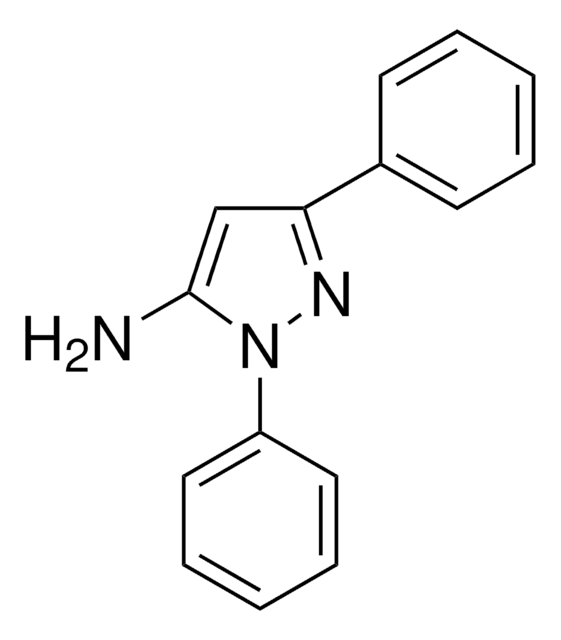204250
Rubidium chloride
99.95% trace metals basis
Synonym(s):
Rubidium monochloride, Rubidium(1+)chloride
About This Item
Recommended Products
Quality Level
Assay
99.95% trace metals basis
form
powder and chunks
impurities
≤550.0 ppm Trace Metal Analysis
mp
715 °C (lit.)
density
2.8 g/mL at 25 °C (lit.)
SMILES string
[Cl-].[Rb+]
InChI
1S/ClH.Rb/h1H;/q;+1/p-1
InChI key
FGDZQCVHDSGLHJ-UHFFFAOYSA-M
Looking for similar products? Visit Product Comparison Guide
Application
- A Study on the Removal of Impurity Elements Silicon and Zinc from Rubidium Chloride by Vacuum Distillation: This research focuses on the purification of rubidium chloride from impurities like silicon and zinc, which is crucial for maintaining the quality and effectiveness of this compound in various applications (Cui et al., 2024).
- Effect of a Rubidium Chloride Carrier Confinement Layer on the Characteristics of CsPbBr3 Perovskite Light-Emitting Diodes: This article explores the impact of rubidium chloride as a confinement layer in light-emitting diodes, enhancing the performance of these devices, relevant for chemists working on advanced materials and electronic devices (Li et al., 2022).
- Rubidium chloride modulated the fecal microbiota community in mice: This research assesses the effects of rubidium chloride on the fecal microbiota in mice, providing insights that could be useful for studies related to gut health and its impact on overall well-being (Chen et al., 2021).
Storage Class Code
11 - Combustible Solids
WGK
WGK 2
Flash Point(F)
Not applicable
Flash Point(C)
Not applicable
Personal Protective Equipment
Certificates of Analysis (COA)
Search for Certificates of Analysis (COA) by entering the products Lot/Batch Number. Lot and Batch Numbers can be found on a product’s label following the words ‘Lot’ or ‘Batch’.
Already Own This Product?
Find documentation for the products that you have recently purchased in the Document Library.
Customers Also Viewed
Our team of scientists has experience in all areas of research including Life Science, Material Science, Chemical Synthesis, Chromatography, Analytical and many others.
Contact Technical Service










